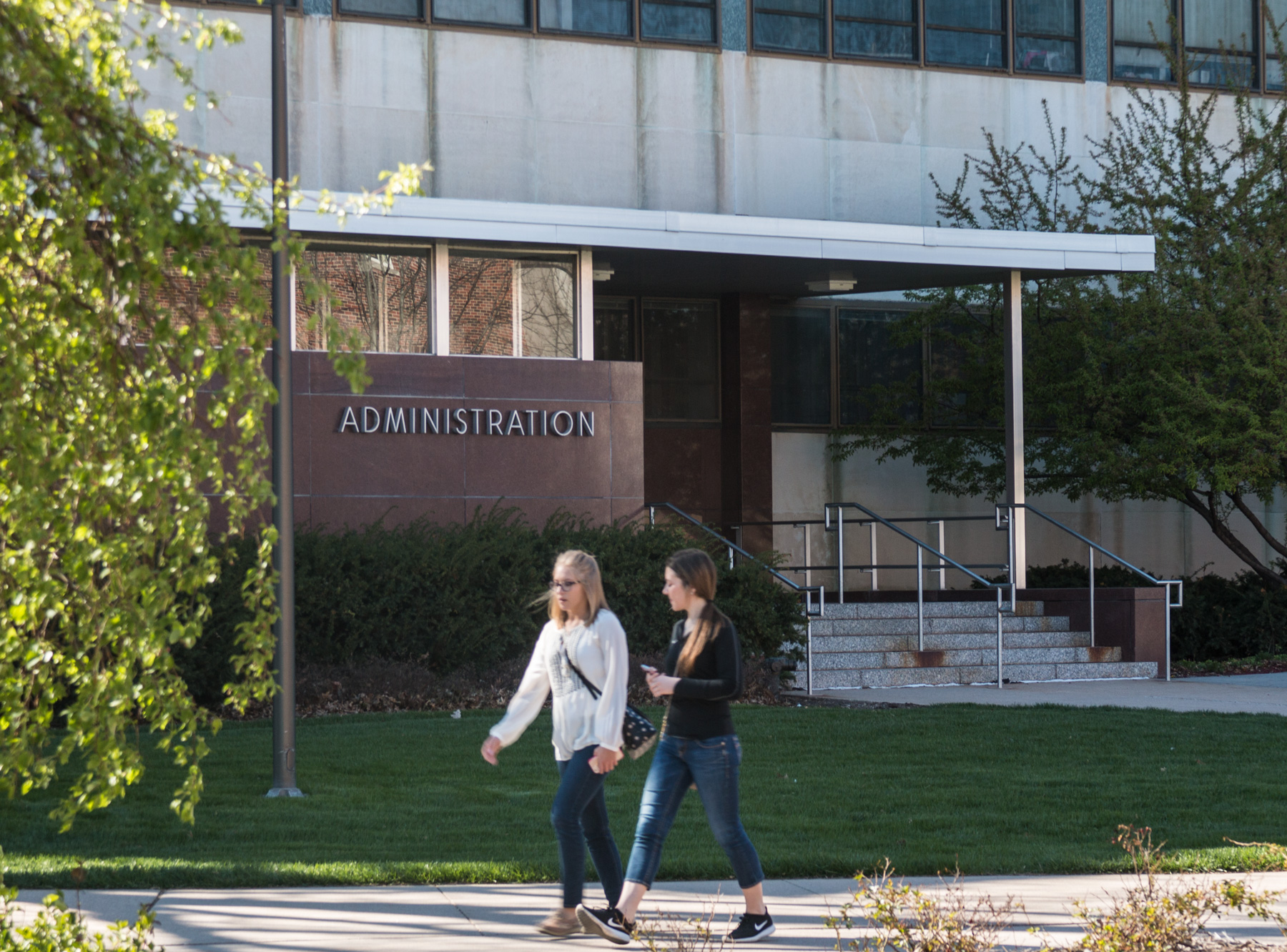

Title IX evolves: UNL aims to protect free speech, against harassment
In 1972 Congress passed the Education Amendments Act, which included the federal law known as Title IX. The intention of this law was to prohibit discrimination on the basis of sex in any educational program, but the law has developed more purposes over time.
At the University of Nebraska-Lincoln, one policy in the student code of conduct states sexual harassment may include “unwelcome sexual advances, requests for sexual favors and other verbal, nonverbal or physical conduct of a sexual nature.”
While Title IX ensures equal opportunity among all students regardless of gender, it does not tolerate sexual harassment and sexual violence as they are forms of gender discrimination. But according to the Foundation for Individual Rights in Education, Title IX requires violation of the First Amendment. That requirement has caused a stir on college campuses.
“When we receive reports with allegations based upon any type of expression or speech, we carefully consider whether the conduct is protected under the First Amendment,” Tami Strickman, UNL’s Title IX coordinator said. “Our primary concern is protecting the campus from sex discrimination while ensuring we do not infringe on individual rights.”
In cases of alleged harassment, the issue of suppressing students’ right of free speech is a concern for many and must be considered when conducting an investigation. According to John Bender, a professor in the College of Journalism and Mass Communications, understanding what constitutes as harassment is a difficult line to draw for most people.
“I think some people understand Title IX as limiting, restricting or preventing any discussion of sexual issues that they find disturbing,” he said. “But that’s not what I think was intended.”
Bender is secretary of the Nebraska state convention of the Association of American University Professors. In a news report titled “The History, Uses and Abuses of Title IX,” the AAUP said the intentions of Title IX now focus primarily on the issue of sexual assault rather than the original goal of gender equality.
In the report, recent interpretations of Title IX include “an overly expansive definition of what amounts and kinds of speech create a ‘hostile environment’ in violation of Title IX.”
Phi Gamma Delta fraternity, known as Fiji, underwent a recent Title IX investigation at UNL after claims were made of alleged, vulgar comments directed toward participants of the Women’s March on Lincoln in January. The investigation concluded with the suspension of the fraternity until 2020 for reckless alcohol use, hazing and inappropriate sexual behavior.
According to Strickman, it’s not an administrator’s role to draw the line between sexual harassment and freedom of speech but rather follow the law and policies in the university's student code of conduct.
“Our mission at UNL is to treat each other and ourselves with respect and to engage in behavior demonstrating interest and concern, valuing differing ideas and opinions,” Strickman said.
Some also believe the suppression of free speech depends on the skill and training of the people enforcing Title IX on campus. According to the AAUP, there are a number of colleges and universities in which the people in charge of enforcing Title IX lack guidance.
“One thing I am fairly pleased with here at Nebraska is the people we have dealing with Title IX understand they need to investigate complaints of harassment or sexual assault,” Bender said. “But they are also sensitive to the issues of academic freedom and the freedom of speech.”
According to Bender, it’s apparent to many that there are lines between sexual harassment and freedom of speech, but those lines lack clarity among colleges and universities.
Laura Kipnis, a film professor at Northwestern University, published the article “Sexual Paranoia Strikes Academe,” which pertained to the excess amount of Title IX investigations for simply talking about sex. The university questioned whether Kipnis had violated Title IX in her writing, and made her the target of a 72-day investigation.
“Anyone that would say anything to a student that was intimidating, harassing, demeaning is clearly a line and clearly a violation of Title IX,” Bender said. “But to talk about these issues in a non-personal way and the different approaches and solutions, which you may or may not agree with, is not and should not be considered a violation of Title IX.”
Although the intentions of Title IX have evolved over time, the basis of the law remains within the university’s main policies.
“UNL encourages discussion of different opinions,” Strickman said. “If speech becomes truly threatening to the safety of our community, it may not be protected and action can be taken.”